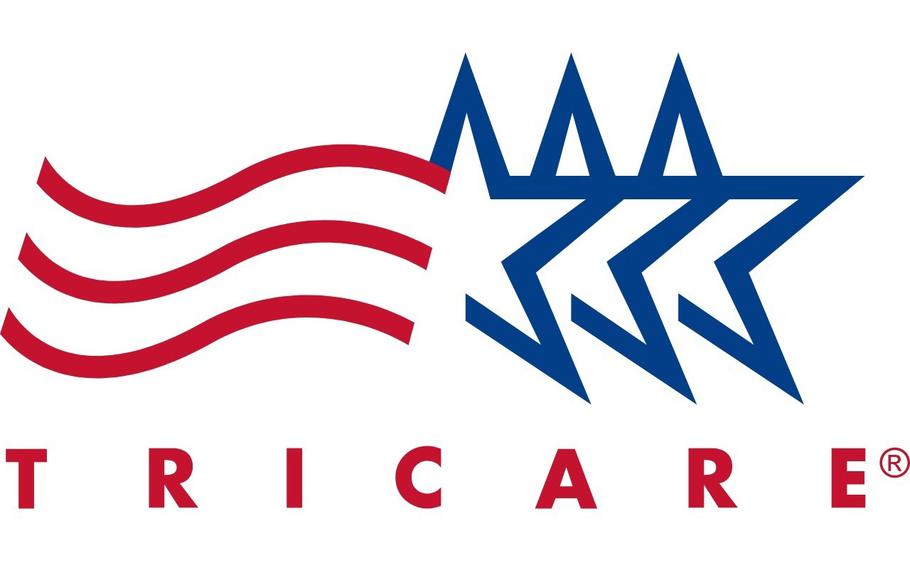
Many Tricare premiums for former dependents, reservists, retired reservists, separating service members and their families are going up in 2024. (86th Airlift Wing)
Young adult military dependents enrolled in Tricare will see their health care costs rise starting next year, when monthly premiums go up by as much as 11.8%.
Tricare premiums are also going up Jan. 1 for reservists, retired reservists and separating service members and their families, according to new rates published Aug. 31.
Tricare Young Adult Prime for those between ages 21 and 26 will cost $637 per month starting in January, compared with the current $570 a month. The premium has skyrocketed by more than 250% since 2014, when it was $180 a month.
Tricare Young Adult Select, meanwhile, will jump from $291 per month this year to $311 in 2024, an increase of 6.9%. The Select package has deductibles and more out-of-pocket costs.
Tricare Young Adult plans are available for purchase by unmarried adult children of service members between the ages of 21 and 26 after they age out of other Tricare plans. Coverage includes medical and pharmacy benefits but excludes dental and vision.
The latest round of premium hikes for military families with adult children is especially disconcerting, said Eileen Huck, the National Military Family Association’s government relations senior deputy director.
“We are absolutely concerned that these rates are pricing military families with young adult dependents out of health care,” she said. “Our concern is that these young adults are going without health care coverage altogether, just because there’s no affordable option.”
The program is part of Tricare’s premium-based plans, Peter Graves, a Defense Health Agency spokesman, said in a statement Wednesday. The premiums reflect costs to the Defense Department, which by law cannot subsidize the program, he said.
“Based on past actual costs of the program, DHA actuaries calculate the future cost of health care for these type plans, and premiums are established based on these cost projections,” Graves said.
Higher usage and care costs for a health plan like Tricare Young Adult result in higher premiums, he said.
Huck is skeptical when she hears that rationale.
“I just have always felt that explanation is inadequate,” she said. “If that were the case, you’d see some variability, and … we’ve just seen the rates going up.”
Tricare Prime is supposed to be the lowest-out-of-pocket plan to the beneficiary, Huck said, since it’s assumed that many young adults covered under Prime receive care at DOD facilities.
“It doesn’t make any sense to me that those premiums would be so high,” Huck said.
Young Adult Prime beneficiaries have access to care through their assigned military or civilian primary care manager.
All Tricare beneficiaries are eligible for care at military hospitals and clinics, but Tricare Young Adult Select beneficiaries have access only if space is available.
Other rate increases include Tricare Reserve Select. Those monthly premiums will go up to $51.95 for the individual, from $48.47 in 2023; and to $256.87, from $239.60, for the family option.
Retired reservists can expect to pay at least 6.5% more. Individuals will pay $585.24, up from $549.35 in 2023; and families will pay $1,406.22, compared with the current $1,320.76 per month.
For retired reservists with family Tricare coverage, costs in 2024 will be $200 more a month than 2022’s rates.
Service members transitioning out of the military also will pay higher costs if enrolled in Tricare’s Continued Health Care Benefit Program, a plan that provides temporary health coverage for 18 to 36 months after the loss of Tricare eligibility.
Premiums are set to rise from $1,654 per quarter to $1,813 in 2024, an increase of 9.6% for individuals; and from $4,134 per quarter in 2023 to $4,539, a 9.8% increase.